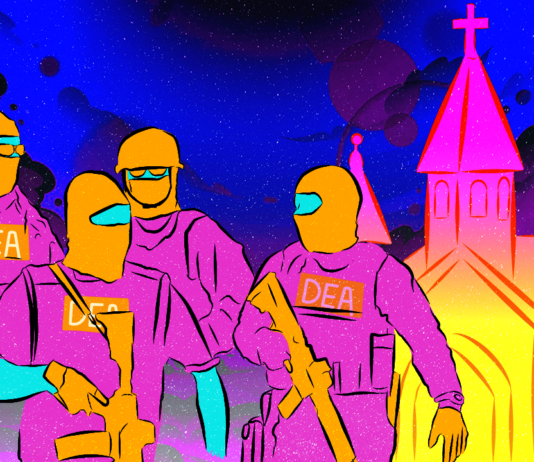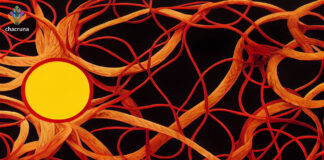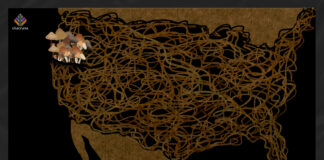Brief of the Chacruna Institute for Psychedelic Plant Medicines and Sacred...
Chacruna Institute and Sacred Plant Alliance have filed an amicus brief in support of Iowaska Church of Healing in their suit against the Internal Revenue Service. They are nonprofit organizations providing research, education, and advocacy regarding the rights of churches like Plaintiff-Appellant to practice their sincere beliefs under the Religious Freedom Restoration Act (“RFRA”).
DEA is Guided by a Myopic View of Ayahuasca
Last week, Chacruna brought to light the Drug Enforcement Agency's 2020 report on ayahuasca and its risks to health and safety. In the report, the DEA overestimates the risks of ayahuasca and underestimates its therapeutic potential.
FOIA brings to light DEA’s Problematic Report, “Ayahuasca: Risks to Public...
On February 13, 2023, the DEA released a single document to the legal team representing the Church of the Eagle and the Condor (“CEC”). This risk assessment document concludes that ayahuasca is a risk to public health and safety and conflates dimethyltryptamine (“DMT”) with ayahuasca.
UDV’s Internal Clashes Shows that Religion and Politics Cannot Be Separated
The União do Vegetal, the most numerous ayahuasquira religion in Brazil, has recently entered an internal crisis because some of its most important members have adopted an anti-democratic Bolsonist political stance in favor of a coup d'état. This position motivated a reaction from the institution's own members, making this situation a good example of how politics and religion cannot be separated, and about the political and social dimensions of the use of plant medicines.
Liberté, Égalité et Fraternité? Santo Daime’s Fight for Religious Freedom in...
In France, Santo Daime and other ayahuasca groups and practitioners are accused of illicit drug trafficking and brainwashing. This demonization of ayahuasca use leads to individuals being imprisoned for their religious beliefs and is a violation of their human rights.
A Call for Public Support Against the Current Demonization of Ayahuasca...
Recent fallout from a YouTuber's infiltration of a Santo Daime group in Spain has brought to the forefront the need to destigmatize ayahuasca use. In response, scholars, researchers, NGOs, and members of ayahuasca groups have united to fight for the religious freedom of the use of ayahuasca. This call, signed by members of the psychedelic community, outlines the situation and steps that need to be taken to honour religious and ethnic minorities' use of ayahuasca and other psychedelic medicines.
The Community Practitioner Framework for Psilocybin Services under the Oregon Psilocybin...
Jon Dennis provides a thorough guide to the Community Practitioner Framework for psilocybin services under the Oregon Psilocybin Services Act. The primer includes a history of the framework, highlights of the framework, and an overview of the Oregon Department of Justice memo.
Guidelines for Ethical Sponsorship and Transparency in Psychedelic Conferences
As long-standing conference organizers in the psychedelic community, Chacruna and Horizons jointly propose these transparency guidelines during this crucial time in the psychedelic movement.
Untangling Viewpoints: Getting to Yes on the Natural Medicine Health Act
In November 2022, Colorado will vote on the Natural Medicine Health Act, also known as Proposition 122. If passed, this act will legalize possession of psilocybin, ibogaine, DMT, and mescaline. In this article, Martha Hartney provides five key points of commentary on this proposed law.
Oregon enters the home stretch to authorize psilocybin mushrooms
In 2020, Oregon voters approved Ballot Measure 109, to establish “psilocybin services” within two years. The details of this plan are now available and will soon be implemented.














